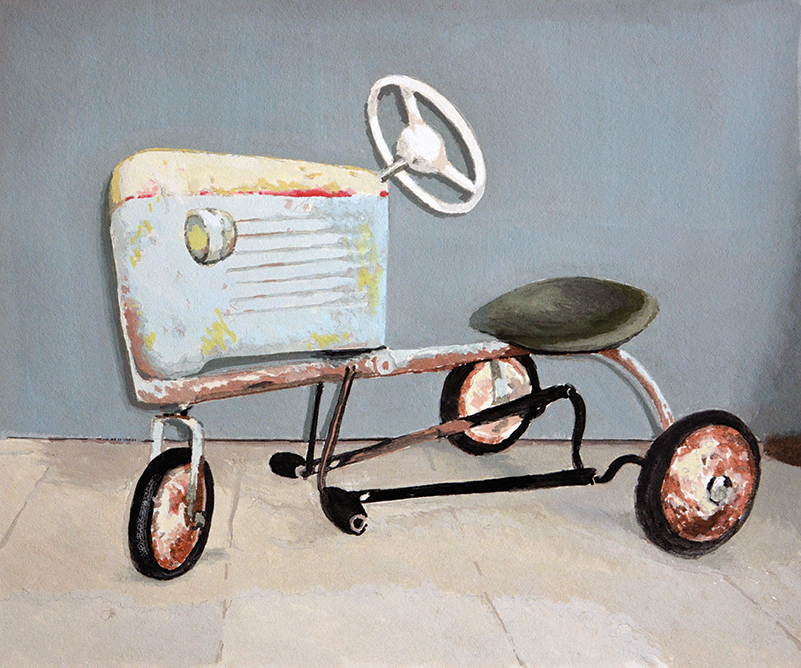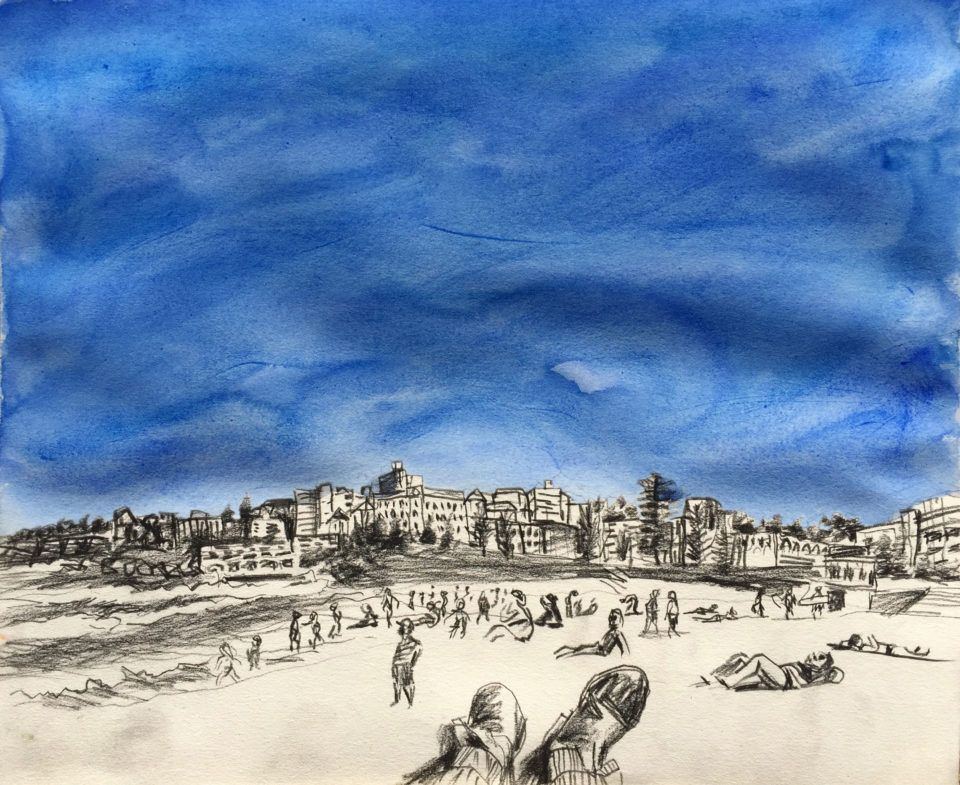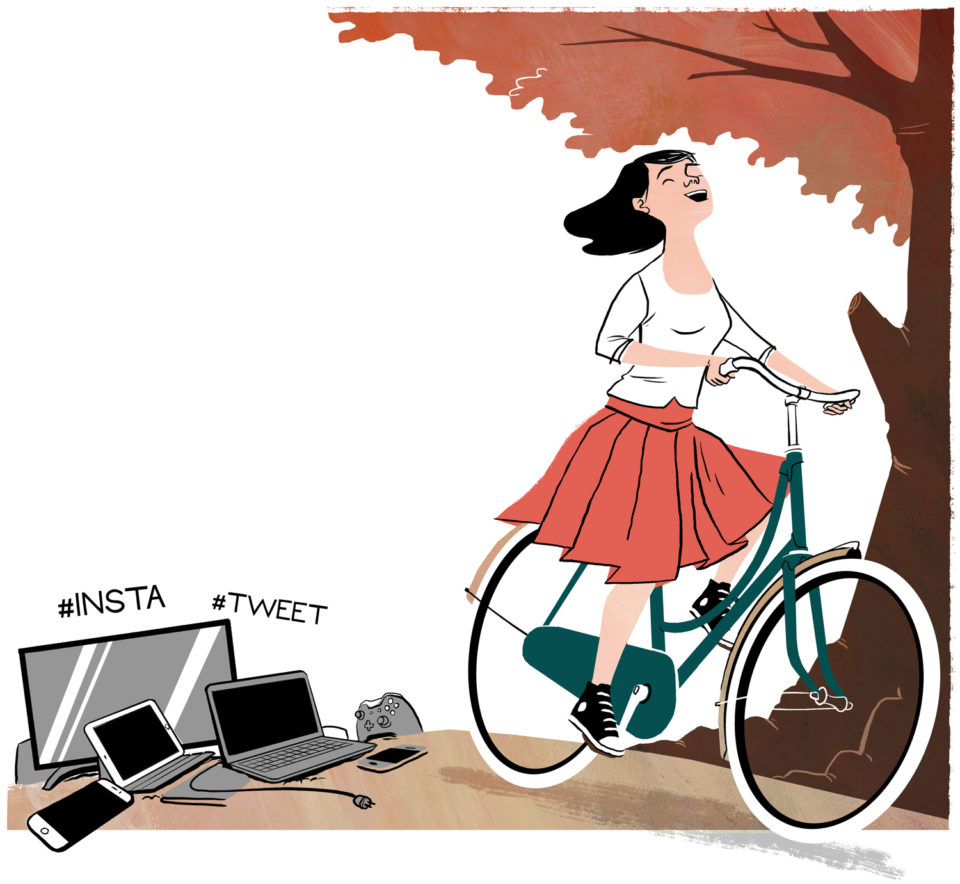In Amsterdam
a couple parted to cross the street
as they stepped off the kerb
their hands unfastened
and the asphalt leapt open between them
like a grin
or a grave.
I could taste their loneliness…
Omar Musa has a wonderful way of coming back at you with one more line, rhyme, vision… an unexpected or extra turn in where he places you.
The winner of Australian Poetry Slam in 2008 and the Indian Ocean Poetry Slam in 2009, he has self-published three books of poetry, The Clocks, Parang and Millefiori.
The latter two were picked up each time and re-released by Penguin Australia. If you’re wondering when a mainstream publisher last republished any book of poetry, you’d be right in thinking not for a very long time. To borrow a wisdom from UK poet of the moment, Kate Tempest, “Omar Musa writes hard, beautiful poems about things that are true.”
As well as performing his poetry, Musa has released three solo hip-hop albums, developing a close relationship with friends like the group Horrorshow along the way.
But it was in 2014 that he really put the scope of his ambitions on the map when he released Here Come the Dogs. Praised by Christos Tsiolkas and Irvine Welsh, Here Come the Dogs was a stylistically ambitious, street-charged verse novel and thinly veiled autobiography detailing his upbringing in Queanbeyan, NSW (memorably and humourously evoked elsewhere in his poem ‘CAPITAL LETTERS’ as “the Soweto of Canberra”).
The novel depicts a friendship between three young men whose world is marked by drugs, music, greyhounds and bushfires – and their wild restlessness to define who the hell they are in so-called multicultural Australia. And who, perhaps, they can be. In style and content it was an audacious debut. Questions about maculinity as much as ethnicity and culture burnt at its core.
Musa is currently at work on a follow up, reputedly a work of magical realism set among pirates off the Malaysian coast. Not what you’d expect as a sequel.
Among a plethora of hip hop poets two-dimensionally and over-urgently banging on about politics and identity, Musa offers up richer textures and deeper visions, even something that borders at times on the mystical.
Of Malaysian-Australian and Moslem heritage the 34-year-old is the son of a journalist mother and a poet father. In the simplest of terms those are the biographical constellations that still define his turf.
He’s as likely to talk about influences like the Spanish poet Federico Garcia Marquez as a formative musical figure like Gil Scott-Heron (with whom he was lucky enough to play a show before Heron passed away). Seeing Musa invoke his poetry live is something to behold, as a standing ovation a few years back at TED-X only confirmed. But don’t be fooled by the loose, loping energy and sense of something spontaneous. Musa rehearses hard; he’s a craftsman all the way, ecstatic in reach but tough-minded in approach.
When we first met back in 2014 on the release of Here Come the Dogs he spoke of his poetry and performing in a way that still holds true today: “My stuff is slower. It gives room for the poetry to shine. It’s not rapid fire. It’s just an aesthetic choice by me to do it that way. Some people might think it’s over-simplistic — the style I mean. But people can be too easily wowed by quite verbose performers. I love performing, but I want my stuff to work on the page too.”




